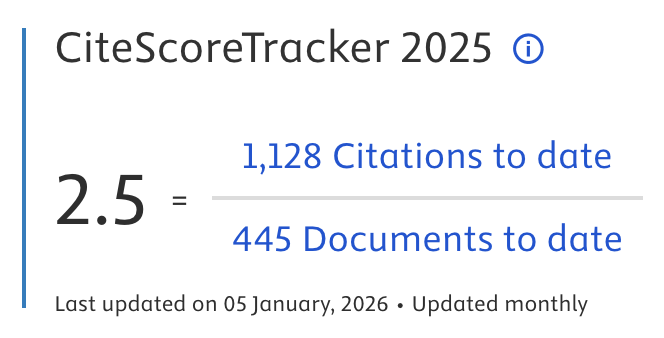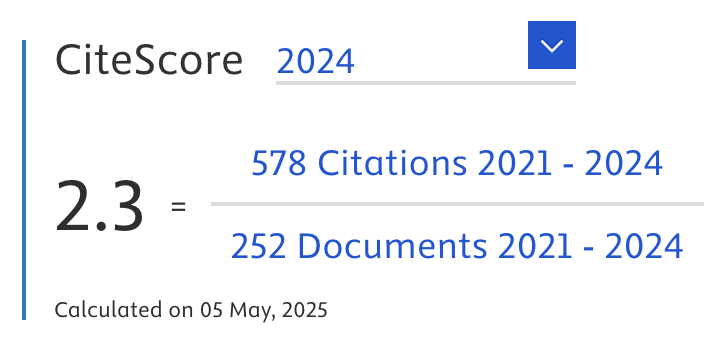A Data-Driven MINLP Approach for Enhancing Sustainability in Blockchain-Enabled e-Supply Chains
Abstract
Modern e-supply chains are characterized by increasing complexity and a critical need for enhanced sustainability, transparency, and traceability. Blockchain technology emerges as a significant enabler, offering decentralized, immutable ledgers and smart contracts that can support more secure, verifiable, and environmentally responsible operations through trustworthy data. Despite blockchain's potential, a notable gap exists in the availability of quantitative, data-driven optimization models that rigorously assess the operational and sustainability impacts of its integration into e-supply chains, particularly for complex, non-linear system interactions. This study aims to address this gap by presenting an in-depth analysis of a specific Mixed-Integer Non-Linear Programming (MINLP) optimization model. The goal is to clarify its structure, evaluate its application for an e-supply chain incorporating blockchain features (like transaction costs and conceptual smart contract enforcement for compliance) and sustainability objectives (such as carbon emission reduction), and derive practical insights. The methodology involves a detailed exposition of the MINLP model, followed by its application to a defined e-supply chain scenario. The analytical approach includes computational experiments focusing on a base case analysis to demonstrate model functionality. The broader evaluative framework for this study encompasses benchmarking the model’s performance against a conventional system and conducting sensitivity analyses on key parameters to understand performance trade-offs. The initial base case analysis demonstrates the model's capability to optimize supplier selection and operational plans while adhering to sustainability constraints, such as maintaining carbon emissions at or below 300 kg CO₂ per period, and accounting for blockchain-specific costs like a per-supplier usage fee of 500. The structure of the model and preliminary insights suggest its potential to achieve improved environmental impact compared to conventional systems, balanced against associated blockchain implementation costs. This research provides a detailed examination of a complex MINLP structure, offering a data-driven analytical approach for assessing blockchain's role in sustainable e-supply chains. It furnishes a foundational framework and insights that can guide managerial decisions and strategic planning for industries transitioning towards greener, more transparent, and digitally advanced supply chain operations.
Article Metrics
Abstract: 393 Viewers PDF: 192 ViewersKeywords
Full Text:
PDFRefbacks
- There are currently no refbacks.

Journal of Applied Data Sciences
| ISSN | : | 2723-6471 (Online) |
| Collaborated with | : | Computer Science and Systems Information Technology, King Abdulaziz University, Kingdom of Saudi Arabia. |
| Publisher | : | Bright Publisher |
| Website | : | http://bright-journal.org/JADS |
| : | taqwa@amikompurwokerto.ac.id (principal contact) | |
| support@bright-journal.org (technical issues) |
 This work is licensed under a Creative Commons Attribution-ShareAlike 4.0
This work is licensed under a Creative Commons Attribution-ShareAlike 4.0





.png)